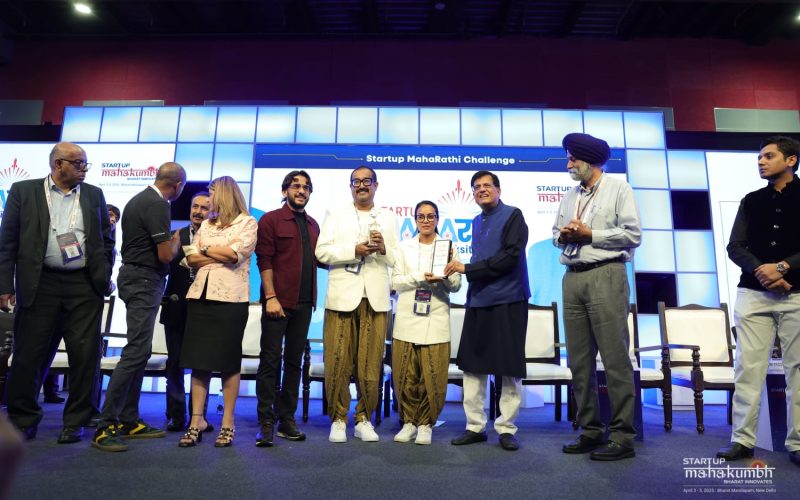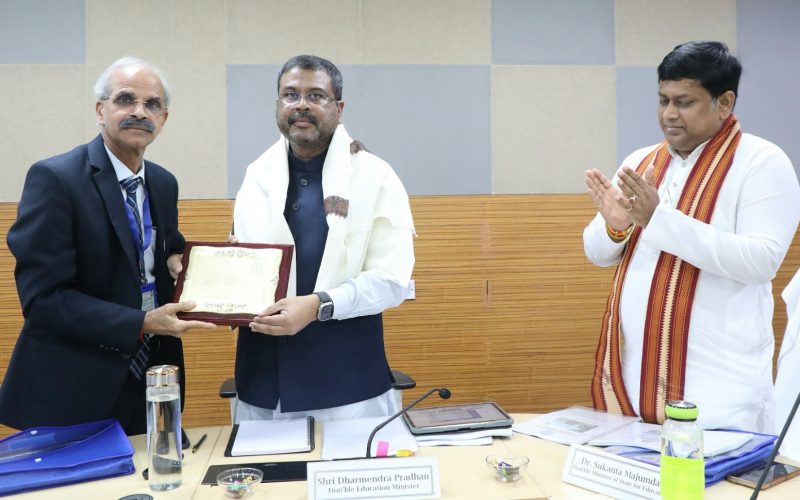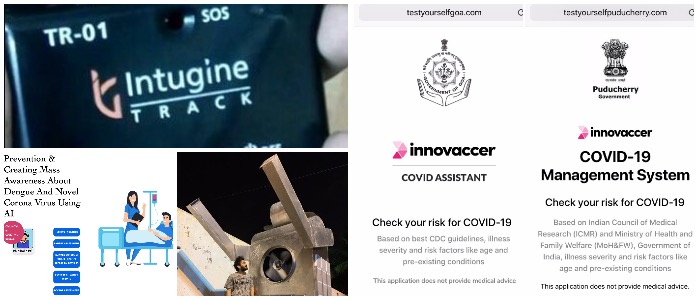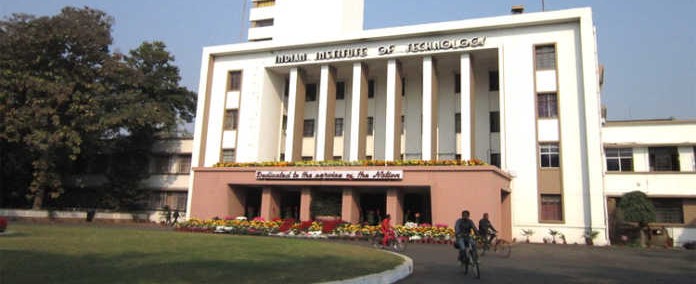
Bridging Faith and Technology: The IIT KGP Alumni Behind a Spiritual Wellness Revolution
Alumni Story of the Week Redefining the spiritual landscape through AI and deep tech In a world increasingly powered by algorithms and automation, spirituality may seem like the last frontier untouched by technology. Yet, for a visionary alumni of IIT Kharagpur, it is precisely where innovation and tradition converge. Meet Mr. Kallol Konar, M.Tech, Chemical Engineering, IIT Kharagpur and Dr. Nilima Roy Chowdhury, Clinical Research, Cranfield University, the dynamic duo behind Nirvana Nilima Wellness Private Limited—a pioneering force in what we call "Faithtech." Their flagship platform, BlessMe, is setting a new benchmark for spiritual engagement, recently earning the coveted Startup…



